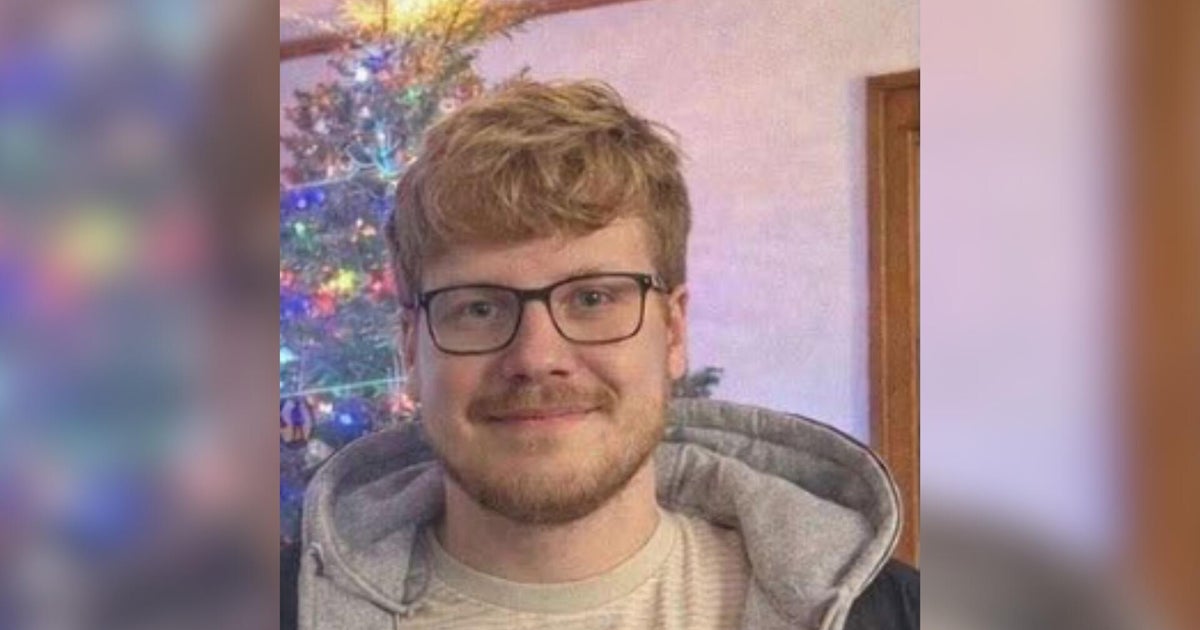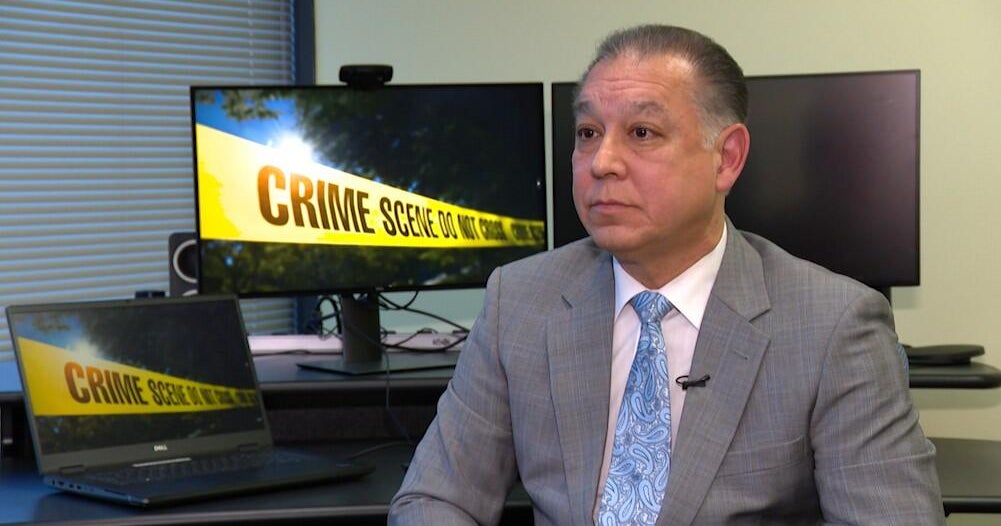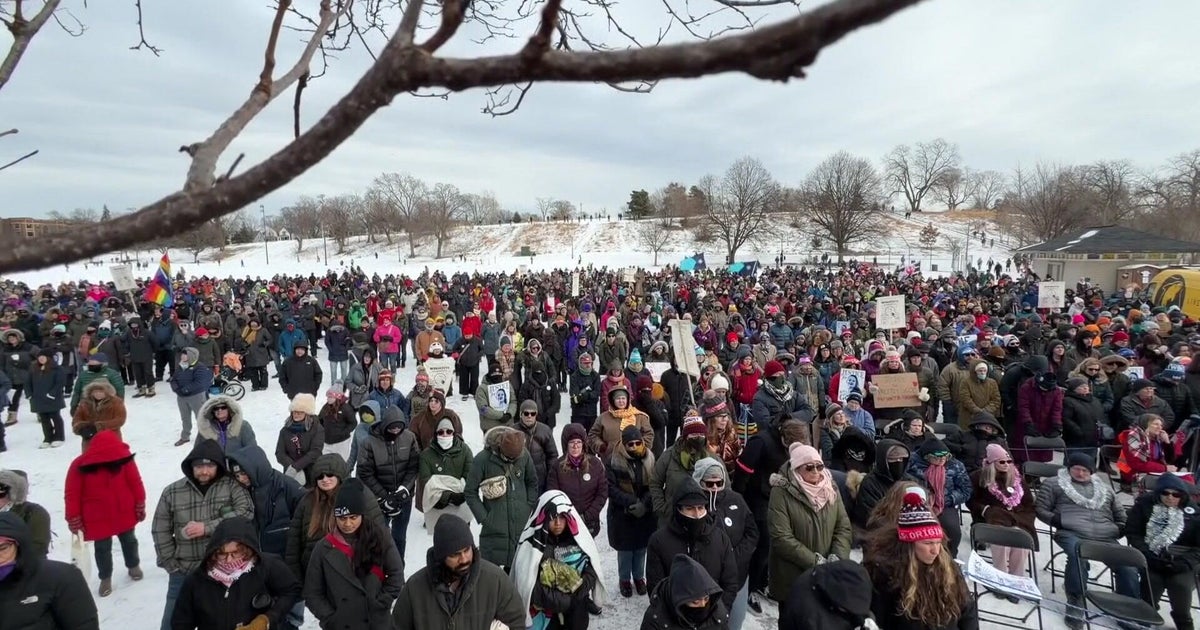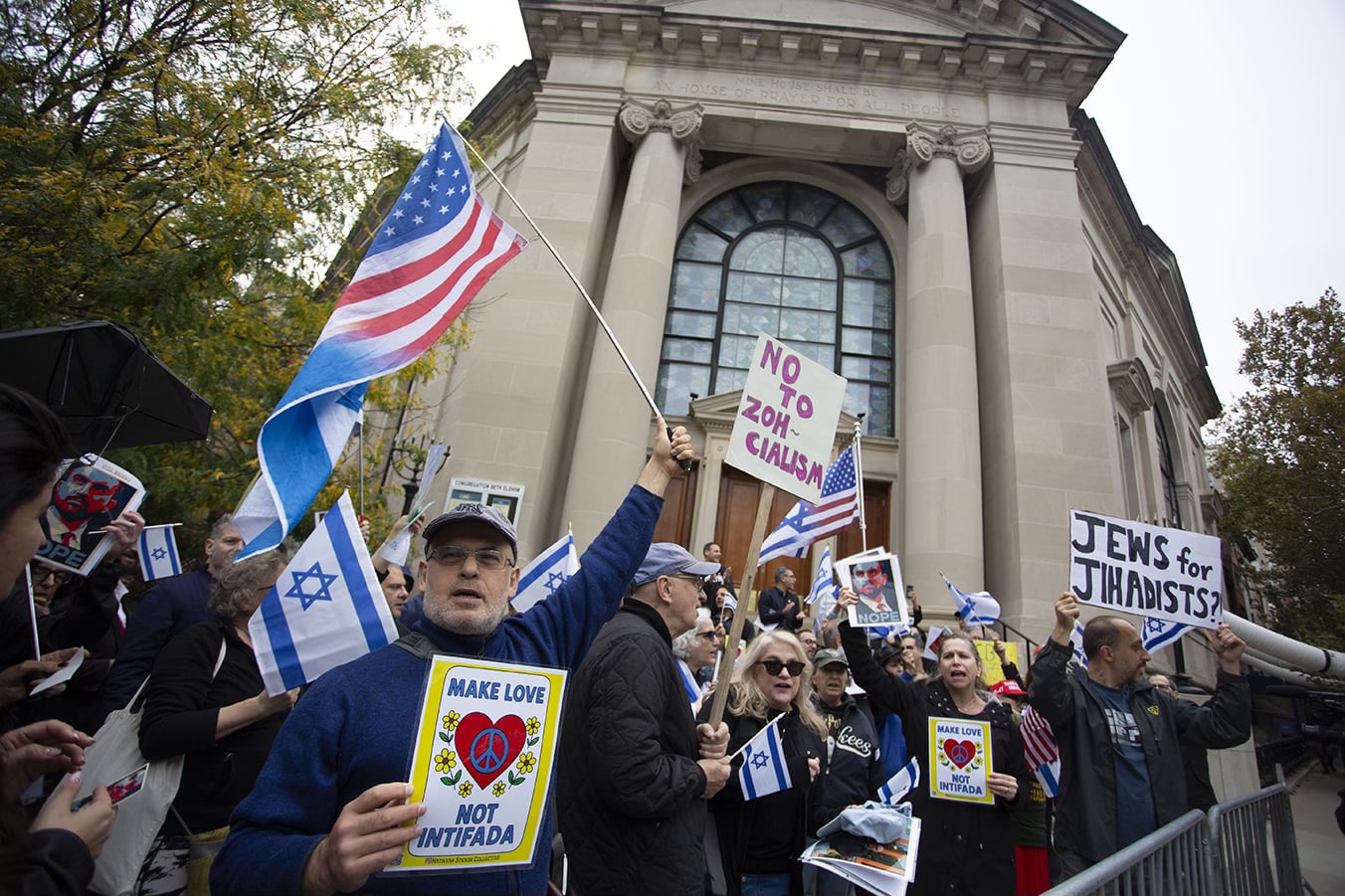"Central Park Jogger" inspires
It's been 15 years since Trisha Meili was attacked during her regular nightly run in Central Park.
She became famously known as the "Central Park jogger," due to the fact her name had been protected because she was raped as well as beaten. But last year, Meili revealed her identity in a book, "I Am the Central Park Jogger," which told the story of her recovery.
The Early Show's co-anchor Harry Smith caught up with Meili last week to see how the very private person has adjusted to a very public life.
Fifteen years after she became front-page news, Meili and Smith walked on the road where she was attacked.
"It's tough, you know, seeing it again, and just imagining the fear, the absolute fear that I know I must have been feeling that night," says Meili.
Thirty years old at the time of the incident, Meili was running along the road before she was suddenly attacked. She was dragged down to the area of the park called "the log," where she was beaten and sexually assaulted.
The attack represented the worst of New York City, but it brought out the best in its people.
Throughout Meili's long recovery, she received tremendous support and words of encouragement.
"One of the reasons that I wanted to share my story too … part of it was that I felt my recovery was a gift," says Meili. "But I wanted to let people know, all those people who had reached out to me, to let them know that what you did made a difference."
It was when she shared her story of recovery for the first time that she knew what she wanted to do.
"The pivotal afternoon was when I spoke in public at a rehab hospital in Boston," remembers Meili. "A man sitting in a wheelchair asked the final question. He said to me, 'Were you ever in a wheelchair?'
"And I said, 'Yeah, I was.' And then with such intense feeling, he said to me, 'You give me great hope. I can beat this. It can be done.' His faith was as powerful to me as mine was to him. And that inspired me to say, 'You know what? I need to share this.' And that led to the book."
Her book, first published last year, comes out in paperback on Tuesday. She has made dozens of appearances, and the past year has been even bigger than she had expected.
"That response just confirms that telling my story and, you know, sharing it with everyone, was the right thing to do," says Meili. "And, it's also been good for me. The whole process is a continuation of my own healing."
She has inspired others to share their stories, which arrive in letters and emails to her.
One of the letters read, "I, too, was raped 30 years ago when I was in college. I never told anyone, because I was hitchhiking and blamed myself, 'blame the victim' mentality. After reading your book, I told a lifelong friend about my rape and felt 1,000-weight drop off my shoulders."
Meili says, "Sharing is breaking the silence that surrounds this issue."
But coming forward publicly was not Meili's decision alone. In 1996, she married Jim Schwarz. They say they are soul mates.
"The strength of Jim's love has given me the strength to really explore what was possible," says Meili.
Schwarz says, "She's the real deal … She's a wonderfully warm and open person. And what people see and when Trisha speaks to groups, she's really speaking from the heart … I see the joy that Trisha gets out of meeting with the groups, and speaking with people, and making that personal connection with people. I would never want to hold her back from doing that. I'm thrilled that she can do that, and that the response has been so great."
Meili says she gets hope and affirmation from the same people who claim to be inspired from her.
Tragedy taught Meili two important truths.
"We can do so much more than we ever thought possible, and that everyone can be part of the process of healing by reaching out and offering the support in whatever way feels comfortable," says Meili.
Meili works with many support groups, including:
- Sexual Assault and Violence Intervention program
Mt. Sinai Hospital
New York, N.Y.
(212)423-2140 (Manhattan)
(718)736-1288 (Queens) - Achilles Track Club, which helps disabled athletes participate in running.
42 West 38 Street
New York, N.Y. 10018
(212) 354-0300 - Rape, Abuse & Incest National Network
635-B Pennsylvania Avenue, S.E.
Washington, D.C. 20003
1-800-656-HOPE - Brain Injury Association of America
105 North Alfred Street
Alexandria, VA 22314
(702) 236-6000



